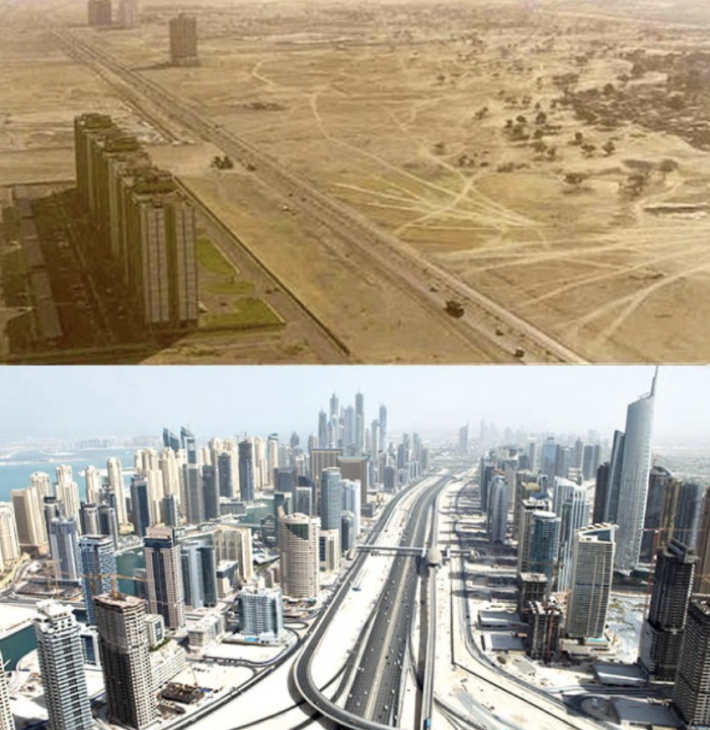External forces have significantly influenced the Middle East for over a century. It is a fact that efforts to unite the area under Pan-Arabism and Pan-Islamism have failed due to the inability to bring together the ruling elites. This has resulted in a significant impact on the region’s development. For over a century, external powers such as Britain, the US, and the USSR have intervened and invaded the region, leading to a relationship between global and regional powers characterized by cooperation and competition to safeguard their economic and political interests. This rivalry persists today, as evidenced by the ongoing conflicts and wars in the Middle East.
The development of the Middle East has been shaped by integration into capitalism through energy. It is a well-known fact that this has meant the intervention of global powers and the involvement of their international companies in the region’s industries since the discovery of oil in 1908 in Iran and later in the rest of the region. The discovery of oil has led to the establishment of the Organization of the Petroleum Exporting Countries (OPEC) in 1960, which has played a significant role in the global oil market.
The transition of the region among the Gulf Cooperation Countries (GCCs) in the Middle East demonstrates the importance of energy in the GCCs and its impact on the whole world. Since 2000, the neoliberal policy has helped the GCC states to invest in Middle Eastern countries such as Egypt, Jordan, and Lebanon. The policies of deregulation and privatization imposed by the IMF and World Bank have encouraged Gulf Cooperation Council (GCC) countries to invest in the Middle East and other parts of the world. This investment has led to the development of infrastructure, education, and healthcare in the region, although the progress has been uneven.
Another significant aspect of the GCCs is the growing middle class, which has different economic, political, and social expectations. Hence, the states have to respond to their demands. One good example is the political transformation of Saudi Arabia in the last five years with limited freedom for women. The Saudi Vision 2030 plan aims to diversify the economy and reduce dependence on oil, which they hope will lead to the development of non-oil sectors such as tourism, entertainment, and healthcare.
In the case of Turkey, the implementation of neoliberalism has had an uneven impact. While initially, Turkey was able to develop with growing foreign direct investment and export of manufacturing goods, in the last few years, the Turkish economy has faced growing difficulties such as growing debt and inflation. Turkish economic trade has remained strong with Europe without joining the European Union. This has also impacted on Turkish identity of being a Muslim country but joining a region with a largely Christian population. Hence, Turkey, on the one hand, represented itself as a Muslim country and, on the other, a modern European country. These crucial parts of the lecture were the most important to help understand development in the Middle East.
Euan Southwell
